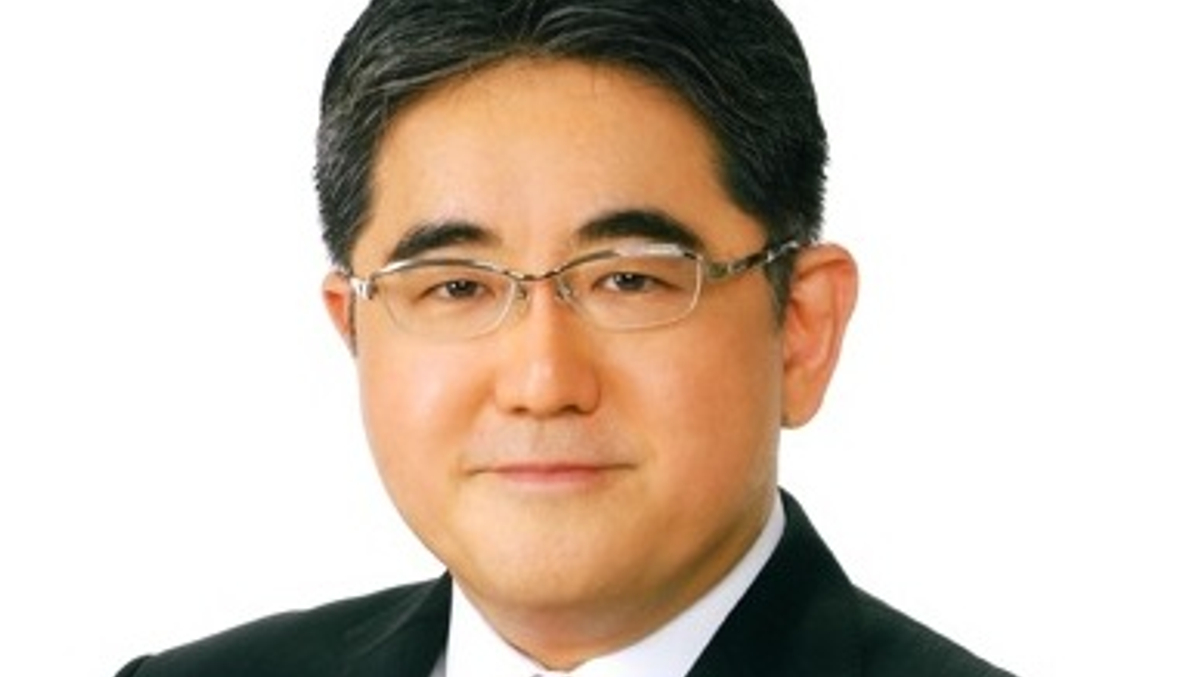Japanese investors advised to re-enter market
Panelists at AsianInvestor's Japan Institutional Investor Forum say it's time for corporations to put their cash to work and that rising interest rates should be welcomed, not feared.

It’s time for Japanese investors to switch to a positive mindset, with the prospect of an improved stock market and economic growth set to outweigh the effect of a future hike in interest rates, AsianInvestor’s second annual Japan Institutional Investment Forum heard yesterday.
Sign in to read on!
Registered users get 2 free articles in 30 days.
Subscribers have full unlimited access to AsianInvestor
Not signed up? New users get 2 free articles per month, plus a 7-day unlimited free trial.
¬ Haymarket Media Limited. All rights reserved.


